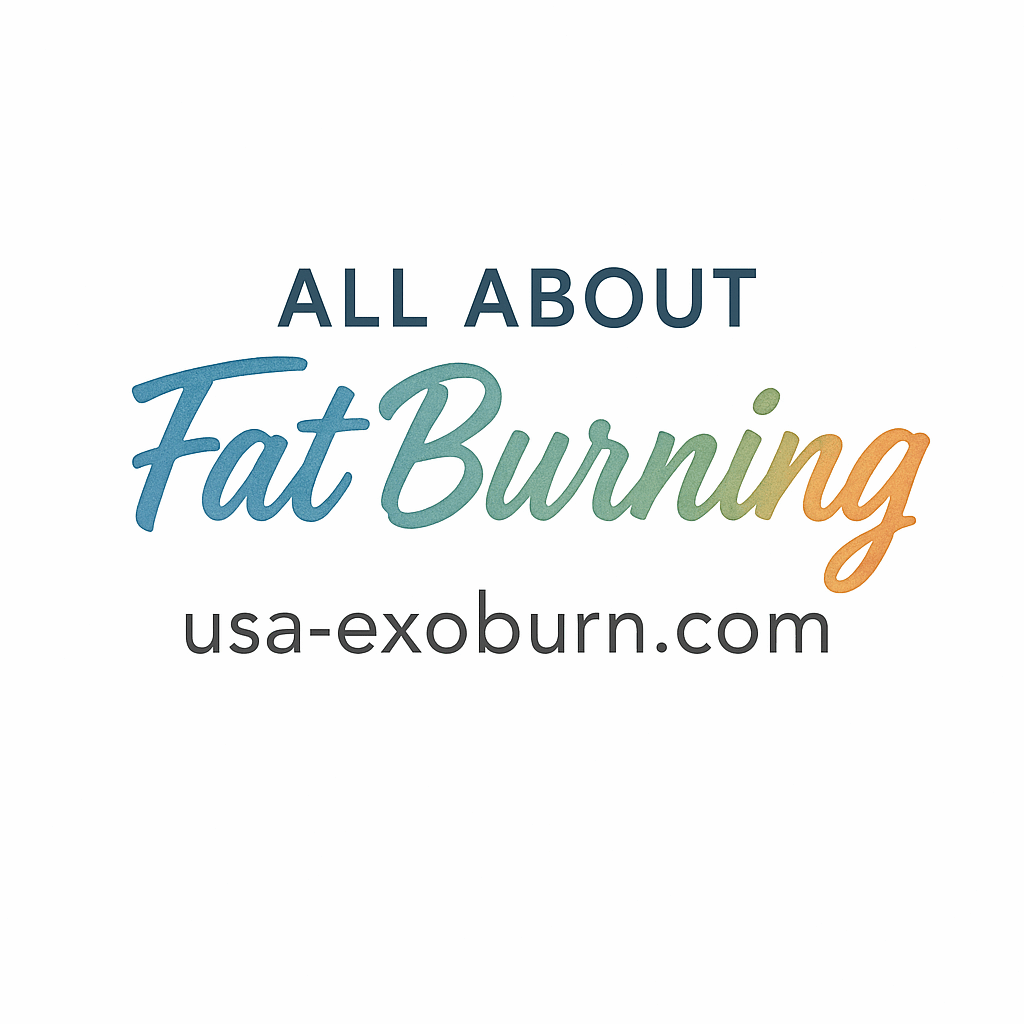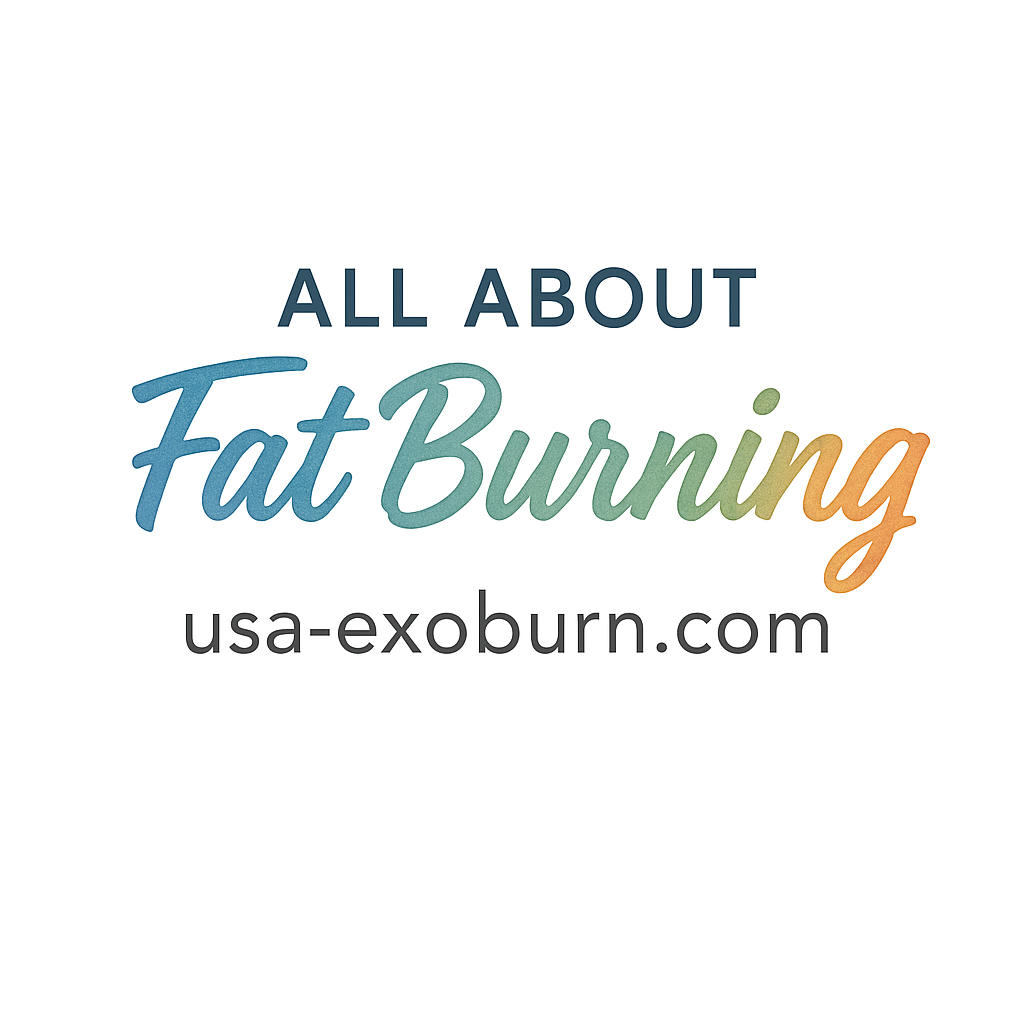Introduction: Why Crash Diets Are a Fat-Burning Disaster
Let’s be real—who hasn’t been tempted by a quick fix? That promise of shedding 10 pounds in a week sounds like a dream, right? But here’s the ugly truth: crash diets don’t just fail in the long run—they can actually ruin your ability to burn fat efficiently for years to come. Yikes.
If fat burning is your goal (which, let’s face it, it probably is if you’re here), then understanding why these extreme diets are so harmful is the first step to long-lasting transformation.
What Is a Crash Diet Anyway?
Crash diets are super-low-calorie eating plans that promise rapid weight loss in days or weeks. They usually rely on severely limiting food groups, calories, or even solid food altogether. Sounds extreme? That’s because it is.
The Allure of Fast Results
We live in a world that’s all about speed—fast food, fast internet, fast weight loss. It’s no wonder so many people fall for crash diets.
Why Quick Fixes Backfire
Here’s the deal: your body isn’t a machine you can just reset with a 5-day juice cleanse. It needs fuel, nutrients, and time. Starve it, and it’ll fight back—with fat storage, slowed metabolism, and hormonal chaos.

Crash Diet #1: The Master Cleanse
Ever heard of the lemon-water-cayenne-pepper “detox”? That’s the Master Cleanse.
What It Promises vs. What It Delivers
Weight loss, detox, glowing skin… The Master Cleanse claims it all. But in reality? You lose water weight and muscle mass, not fat.
How It Wrecks Fat Burning
This diet deprives your body of protein, healthy fats, and complex carbs—the very things your metabolism needs to thrive. Want to keep fat off? This isn’t the way.
👉 Learn healthier alternatives in our fat-burning lifestyle hacks.
Crash Diet #2: Cabbage Soup Diet
Seven days of eating basically nothing but cabbage soup. Delicious? Nope. Dangerous? You bet.
Short-Term Gains, Long-Term Damage
Sure, you’ll drop a few pounds—but they’ll come back fast, usually with extra fat added to the mix.
Nutrient Starvation = Metabolism Crash
Without proper nutrients, your body panics. It slows down your metabolism, stores fat, and starts breaking down muscle tissue instead.
Check out these fat-burning mistakes and myths so you know what to avoid.
Crash Diet #3: HCG Diet
This one combines an extremely low-calorie intake (around 500 a day!) with injections of a pregnancy hormone (HCG). Sounds weird? It is.
Extremely Low Calories + Hormones? Big No-No
Consuming so few calories messes with your metabolism, and adding hormones you don’t need? That’s a recipe for disaster.
Hormonal Havoc and Metabolic Confusion
Fat burning relies on hormonal balance. The HCG diet disrupts this balance, causing long-term damage to your thyroid, leptin, and cortisol levels.
For a better path, check out our guide to fat-burning supplements and products.
Crash Diet #4: Grapefruit Diet
Grapefruit with every meal, every day, for two weeks. That’s the diet. Spoiler: it doesn’t work.
Single-Food Diets and Fat Loss Myths
No single food can “burn fat.” That’s not how your body works. You need a balanced plate, not one fruit on repeat.
Digestive Issues and Loss of Lean Muscle
Too much acidity, too little nutrition. Your body begins cannibalizing muscle, not fat.
Learn more in our fat-burning diet tips.
Crash Diet #5: Military Diet
Three days of very low calories, followed by four days of slightly less awful eating. Repeat weekly.
Calorie Drop Shock
Your body thinks it’s starving, so it stores fat instead of burning it.
Rebound Weight Gain Guaranteed
Once you start eating normally again, your metabolism is too slow to cope, and the weight piles back on—mostly as fat.
Want better options? Check out proven fat-burning exercise routines.
Crash Diet #6: Baby Food Diet
Pureed peas for adults? Yep, that’s a thing.
Where’s the Fiber?
These foods are processed and stripped of fiber. You might feel light, but your digestion is taking a hit.
How It Undermines Sustainable Eating Habits
Real fat-burning success comes from developing healthy, sustainable habits—not mimicking babies.
For a mindset shift, explore our fat-burning mindset tips.
Crash Diet #7: Juice Cleanses
Ah, the infamous green juice cleanse. It’s trendy, sure, but is it good for fat burning? Nope.
Sugar Overload in Disguise
Most juices are loaded with natural sugars that spike your insulin and crash your energy—exactly what you don’t want for fat loss.
Liver Stress and Fat-Burning Disruption
Your liver’s job is to detox. Overloading it with sugar does the opposite of “cleansing.”
Get the truth about product claims and scams.
The Science Behind Why Crash Diets Fail
Metabolism Slows Down
When your body thinks you’re starving, it slows everything down—including how efficiently you burn fat.
Muscle Loss Over Fat Loss
Crash diets often lead to muscle breakdown, which means you’re losing the very tissue that keeps your metabolism revving.
Hormonal Imbalance and Fat Storage
Your hormones get thrown off, especially leptin and insulin, making it easier to store fat and harder to burn it.
What to Do Instead: Healthy Fat-Burning Strategies
So, what’s the right way to boost fat burning?
Focus on Metabolism-Boosting Foods
Think protein, fiber, healthy fats, and whole grains. Avoid crash-y extremes and aim for balanced, sustainable plans.
Strength Training and HIIT Workouts
These workouts are scientifically proven to boost your metabolism and increase fat-burning efficiency. Try our fat-burning workouts.
Time-Based Eating (Intermittent Fasting)
Eating in windows (like 16:8) helps control insulin, increase fat burn, and reduce cravings. Explore our guide to intermittent fasting.
Fat-Burning Supplements with Real Backing
Look for thermogenic supplements that support your goals. Browse our curated fat-burning supplements.
Conclusion: Ditch the Crash, Embrace the Burn
Crash diets may seem like a shortcut, but they’re really a dead end. They damage your metabolism, disrupt your hormones, and sabotage your long-term fat-burning success. Real transformation comes from real habits—healthy eating, smart workouts, and a mindset built for progress.
Ditch the extremes. Choose sustainable strategies. And remember—you’re not just burning fat, you’re building a lifestyle.
FAQs About Crash Diets and Fat Burning
1. Do crash diets ever work for long-term fat loss?
No. They may cause short-term weight loss, but it’s usually water and muscle—not fat.
2. How fast can I burn fat safely without crash diets?
1–2 pounds per week is safe and sustainable. Focus on steady habits, not speed.
3. Can intermittent fasting harm fat burning like crash diets?
Not if done properly. Intermittent fasting can actually improve fat burning by managing insulin and hunger.
4. What foods should I eat to boost fat burning naturally?
Lean protein, fiber-rich veggies, healthy fats, and whole grains are your best friends.
5. Are all detox diets bad for fat burning?
Most are. Your body has a liver for detox—no need for restrictive “cleanses.”
6. How do I know if my metabolism is damaged from crash dieting?
Fatigue, weight gain, and difficulty losing fat even with effort are red flags.
7. What’s the best supplement for fat burning without side effects?
Look for natural thermogenic supplements. Visit our supplement section for top picks.


